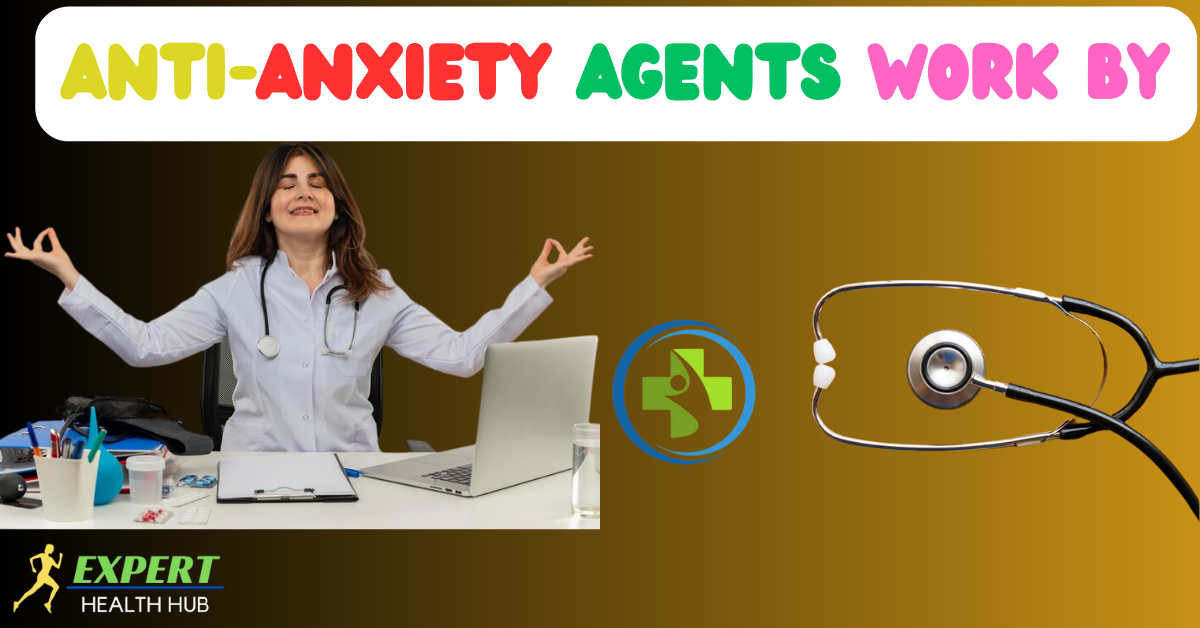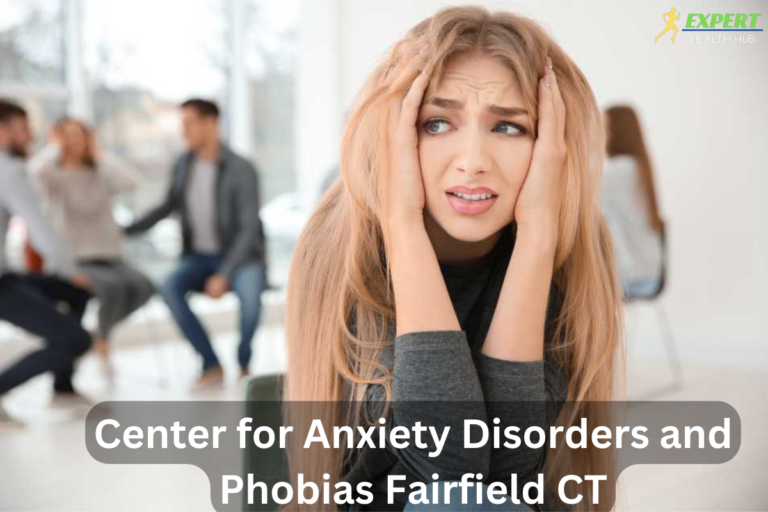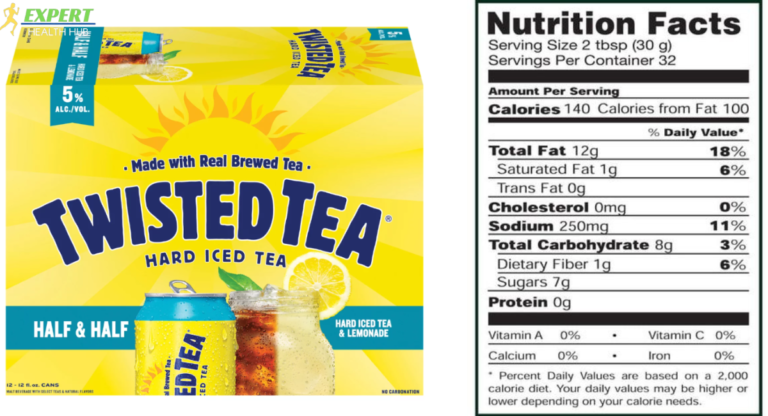Revealing How Anti-Anxiety Agents Work by Alleviating Anxiety: Unravelling Their Mechanisms
Anti-anxiety agents work by
Introduction:
If you are truly interested in learning anti-anxiety agents work by, you have arrived at the final destination of your quest for knowledge. Millions of people throughout the world live with the constant threat of anxiety disorders, which eat away at their health and happiness.
Table of Contents
Medication is more than just another weapon in the fight against anxiety; it is a rock, an unwavering ally in the face of the stormy waves that anxiety can cause. However, it is not operating in isolation; rather, it forms a therapeutic triad with behavioural adaptations and therapeutic discourse.
An intricate web of research is unfurled in this essay, illuminating the therapeutic functions and mechanisms of anti-anxiety drugs and their consequences for practice.
Pro Tip: Learn more about: Behavioral therapies for phobias
Anti-Anxiety Medication: A Comprehensive Review
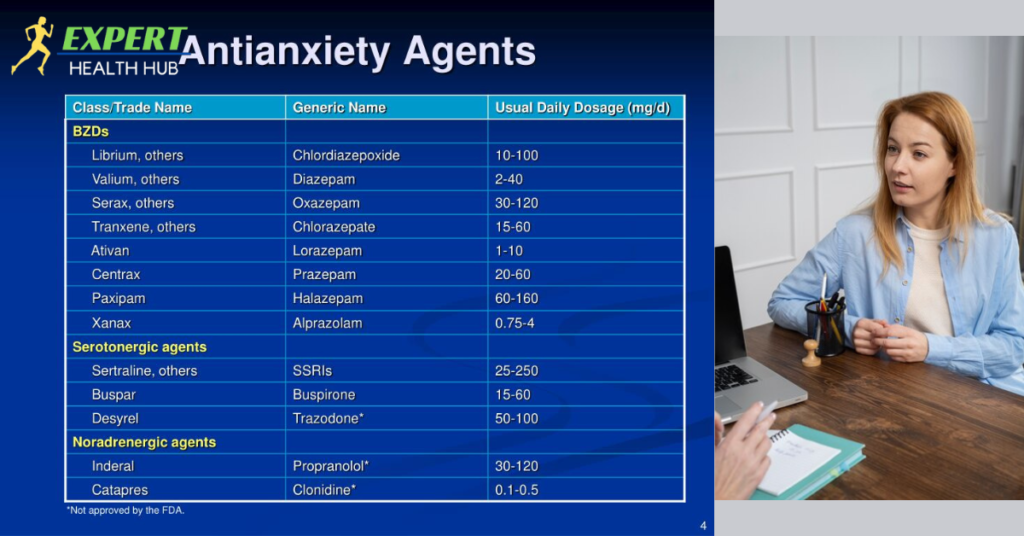
Anxiety Disorders: A Maze to Navigate
Rather than appearing as a single, isolated illness, anxiety disorders can take on a myriad of forms, each of which might cause a different kind of distress. There is an endless spectrum of anxiety disorders, from the creepy web of GAD to the crushing clutches of SAD and the crippling clutches of specific phobias.
The unpleasant companion of those afflicted is persistent and excessive dread or concern. It stems from a myriad of triggers and entwines itself into every aspect of life.
Proof and Exposure
When you’re anxious, it’s like a symphony of mental and physical dissonance that echoes through your entire being. Intruding thoughts, sweat, and palpitations signal its unwelcome presence, shattering the calm of everyday life and weakening the foundations of social interaction.
When anxiety attacks occur too frequently, people may resort to withdrawal and avoidance behaviours as a defence mechanism.
Pro Tip: Learn more about: Extreme Tooth Pain Can’t Sleep
Remedy Making through the Art of Medicinal Craftsmanship
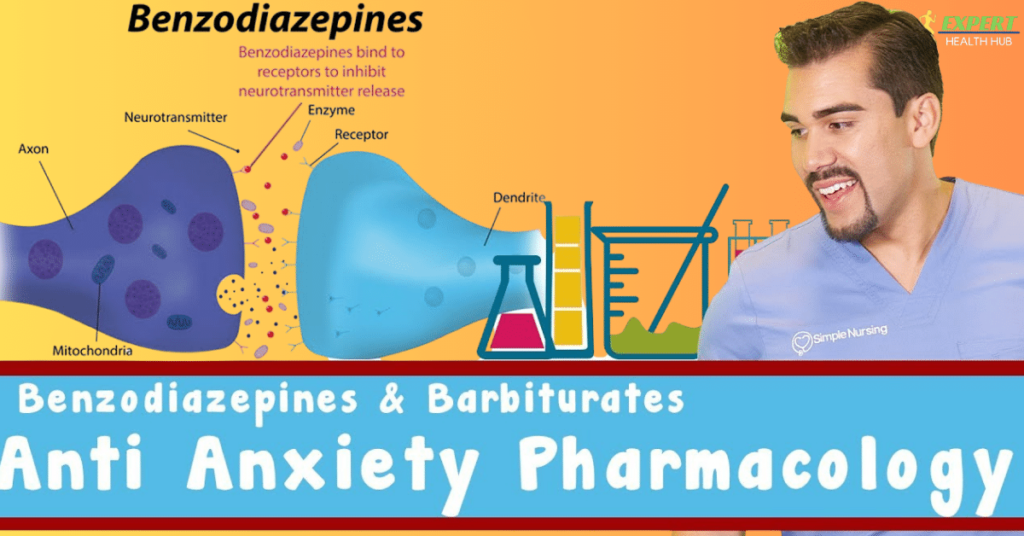
Making Sense of the Processes
Pharmacologically astute anti-anxiety medications skillfully negotiate the complex network of neurotransmitter modulation pathways within the brain. These pharmacological messengers primarily target the neurotransmitters serotonin and gamma-aminobutyric acid (GABA), which regulate anxiety.
Like a symphony of calm performed by a master conductor, GABA’s inhibitory function provides calm in the midst of chaos. As strong partners in the battle against anxiety, benzodiazepines enhance GABA’s relaxing properties and offer consolation to those who are distressed.
Guided Neurotransmitter Mixtures
It becomes clear that drugs focusing on serotonin, such as SSRIs and SNRIs, are powerful manipulators of emotional stability.
These medicinal heroes bring relief and rejuvenation to the anxious spirit by strengthening serotonin transmission and erecting fortifications against anxiety’s constant advance.
Pro Tip: Learn more about : Center for Anxiety Disorders and Phobias Fairfield CT
Categorizing Common Anti-Anxiety Medications
The Pharmacopeia Unveiled
- A pantheon of medications stands at the disposal of physicians, each a stalwart guardian against anxiety’s insidious advances:
- Benzodiazepines, swift-footed champions like Valium and alprazolam (Xanax), offer succor in times of acute distress, yet tread cautiously, for the specter of tolerance and dependence lurks in their wake.
- SSRIs, steadfast sentinels such as fluoxetine (Prozac) and sertraline (Zoloft), emerge as frontline soldiers against the onslaught of anxiety, providing comfort to the weary spirit.
- SNRIs, adaptable companions like duloxetine (Cymbalta) and venlafaxine (Effexor), tame the stormy waves of anxiety and depression with resolute determination, tipping the emotional balance.
- Unsung heroes like propranolol, or beta-blockers, come to the rescue when it comes to situational discomfort and performance anxiety by resolutely limiting the adrenaline rush.
Assessing Medicinal Efficacy
Anti-anxiety drugs appear as rays of hope in the middle of the storm of clinical trials, reducing physiological arousal, restlessness, and worry. The long-term efficacy of SSRIs and SNRIs lies not only in their ability to suppress symptoms but also in their ability to maintain control throughout the laborious and protracted healing process.
Pitfalls and Perils
Yet, for all their therapeutic promise, anti-anxiety medications harbour within their midst the seeds of adversity, bearing witness to a litany of potential adverse effects. Diminished energy, dizziness, nausea, and sexual dysfunction emerge as the shadows cast by these pharmacological allies, casting a pall over the landscape of treatment.
Benzodiazepines, in particular, stand as harbingers of caution, for within their embrace lie the spectres of tolerance, dependence, and withdrawal, lurking in the shadows of prolonged usage.
A Tapestry of Varied Reactions
The Mosaic of Genetics
The efficacy, metabolism, and tolerability of anti-anxiety medications bear the indelible imprint of individual genetic composition, shaping the contours of treatment responses with meticulous precision.
Pharmacogenetic analyses, beacons of hope amidst the fog of uncertainty, illuminate the path toward personalized medication selection and dosing, offering solace to the weary traveller.
The Quilt of Experience
However, in the maze of treatment outcomes, personal characteristics, coping strategies, and life events join together to create a mosaic of different tones. Resilience, social scaffolding, and cognitive agility serve as steadfast barriers against the unrelenting onslaught of worry, providing a breather and healing to the exhausted spirit.
Pro Tip: Learn more about : Signs you are recovering from anxiety
Harmonizing Modalities and Merging Paths

Synergy in Healing
Combination therapies, blending the arts of pharmacotherapy, psychotherapy, and lifestyle adaptations, emerge as beacons of hope amidst the storm, offering respite and restoration to the weary soul.
Psychological Enrichment and Dialogue
Psychotherapeutic modalities, the alchemists of the mind, wield potent tools against the spectre of anxiety’s tyranny, fostering resilience and equipping individuals with the armour of coping strategies.
Lifestyle Symphony
A wholesome lifestyle, the cornerstone of well-being, emerges as the bedrock upon which the edifice of recovery is built, offering solace and sanctuary amidst the storm.
Pro Tip: Learn more about : Left arm pain anxiety
Guiding Principles for Prudent Application
Navigating the Terrain
Adherence to dosing regimens and safety protocols emerges as the cornerstone of prudent medication administration, guiding the weary traveller through the treacherous waters of treatment.
Being alert and persistent
Consultations with medical professionals on a regular basis provide consolation and sanctuary to the weary spirit, directing the path towards recovery with unwavering commitment. These professionals are beacons of hope in the storm.
Busting Myths and Resolving Issues
The Spectre of Dependence
Apprehensions surrounding addiction and dependence, like shadows cast by the setting sun, merit careful consideration, guiding the way towards judicious medication selection and dosing.
Navigating Rough Waters
Severance from anti-anxiety medications, a journey fraught with peril, demands careful deliberation and expert guidance, guiding the weary traveller towards the shores of recovery with unwavering resolve.
The Shadow Play of Stigma
Combating stigma surrounding mental health and substance use, like the breaking dawn, heralds the dawn of a new era of understanding and acceptance, guiding the way towards recovery with compassion and empathy.
Pro Tip: Learn more about : 222 angel Number meaning anxiety
Future Horizons in Anxiety Management

A Vision of Tailored Care
The dawn of personalized medicine and pharmacogenomics heralds a new era of treatment paradigms, offering solace and sanctuary to the weary soul with unwavering resolve.
Conclusion:
For those in pursuit of enlightenment regarding the anti-anxiety agents work by this compendium serves as a beacon amidst the storm, guiding the way towards recovery with steadfast resolve. Within the labyrinth of anxiety management lies the promise of respite and restoration, offering solace and sanctuary to the weary traveller.
With the help of this thorough guide, delve deeper into the mysteries surrounding anxiety’s hold and emerge from the storm with renewed hope and knowledge. if you have any questions related to anti-anxiety agents work by, ask me in the comment section I will answer you
Pro Tip: Learn more about : Starbucks egg white bites nutrition
FAQs
Q: What is the actual process for making medications that alleviate anxiety?
Among the neurotransmitters that anti-anxiety medications impact are serotonin and gamma-aminobutyric acid (GABA). Anxiety is greatly reduced by medications that enhance serotonin transmission or the sedative effects of GABA.
Q: Which drug classes are prescribed to people most often for anxiety relief?
Benzodiazepines, beta-blockers, selective serotonin reuptake inhibitors, and serotonin-norepinephrine reuptake inhibitors are among the most often prescribed medications for the treatment of anxiety.
Q: Could there be any harm that could come from using medicine for anxiety?
Despite their efficacy, anti-anxiety drugs can have adverse effects such as nausea, dizziness, loss of energy, and sexual dysfunction. There is an increased risk of tolerance, withdrawal, and dependency with long-term use of certain drugs, including benzodiazepines.
Q: What can people do when they fear they will develop a dependency on their anxiety medication?
It is prudent to see a doctor before choosing and using anti-anxiety medications because of the risk of reliance. It is crucial to carefully observe the patient and taper off the dosage when thinking about quitting these medications.
Q: What does anxiety management look like in the future?
The field of anxiety management appears to have a bright future because of developments in pharmacogenomics and customized medicine. Customized therapy methods provide promise for more efficient and personalized care, offering comfort and safety to people overcoming the difficulties associated with anxiety disorders.
Pro tip: To learn more about health and fitness-related knowledge, regularly visit Quora, Linked, Twitter, Pinterest, Instagram, YouTube, and Facebook.
